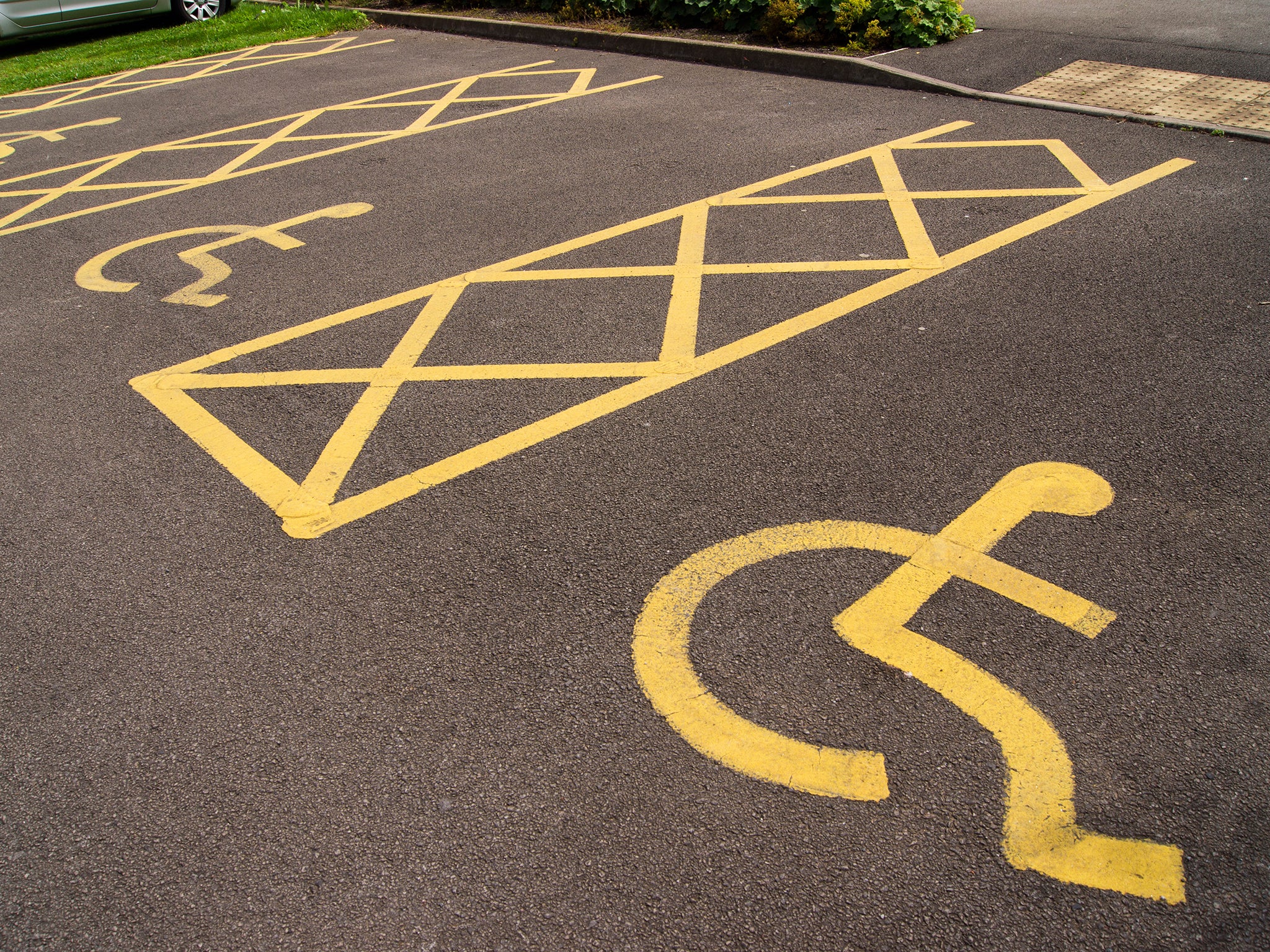Your support helps us to tell the story
From reproductive rights to climate change to Big Tech, The Independent is on the ground when the story is developing. Whether it's investigating the financials of Elon Musk's pro-Trump PAC or producing our latest documentary, 'The A Word', which shines a light on the American women fighting for reproductive rights, we know how important it is to parse out the facts from the messaging.
At such a critical moment in US history, we need reporters on the ground. Your donation allows us to keep sending journalists to speak to both sides of the story.
The Independent is trusted by Americans across the entire political spectrum. And unlike many other quality news outlets, we choose not to lock Americans out of our reporting and analysis with paywalls. We believe quality journalism should be available to everyone, paid for by those who can afford it.
Your support makes all the difference.Just six per cent of the public think the Government’s disability benefit reforms will make Britain a better place for disabled people, a new poll suggests.
Survey conducted by pollsters Populus for the charity Mencap found that just 6 per cent of people think provisions included the Welfare Reform and Work Bill will improve disabled people’s lives.
Conversely, as many as 71 per cent of people believe the welfare change will make Britain a worse place to have a disability – with 47 per cent, nearly half, thinking it will make life “much worse”.
The findings come ahead of a key vote in the House of Lords on changes to Employment Support Allowance, one of the main disability and sickness benefits.
The latest round of cuts will see many disabled people lose £30 a week from the £102.15 “work related activity group” payment as new claimants are brought in at a lower rate.
Previous surveys of people in the current group affected have found that over half per believe they would struggle to stay healthy if hit by the cut.
Around a third people getting help from the ESA WRAG also believe they would be unable to heat their homes or eat.
A coalition of disability charities has previously warned that the reductions will make it more difficult for people with disabilities to move into jobs – a state goal of the Government.
Peers are debating the cuts on the same day the Court of Appeal ruled that the Government’s so-called “bedroom tax” – which mainly affects disabled people – is unlawful and discriminatory against the disabled.
Ministers have said they will appeal the ruling at the UK Supreme Court.
Jan Tregelles, chief executive of Mencap, said disabled people were being hit by repeated rounds of cuts by the Government.
“Disabled people were hit by £18bn of benefit cuts in the last parliament. Despite this the Government are again targeting them with this cut to ESA WRAG. So far the Government have offered no substantial impact assessment for a cut which 7 in 10 disabled people say will cause their health to suffer,” she said.
“Disabled people have been hit hard by previous rounds of cuts and the cut to ESA will make it worse – especially when combined with social care cuts. The public now clearly share these concerns, with a third saying the Government are not at all aware how these cuts will affect disabled people’s lives.
“With the public joining disabled people, opposition around this cut cannot be ignored. We ask Peers ahead of the vote to listen to disabled people and the wider public’s deep unease with the cut to a key disability benefit.
“The government should instead focus on the many barriers that have led to just 6% of people with a learning disability being in paid work. Cutting ESA WRAG will not improve this figure.”
The Government says disabled people will benefit from the social security changes and receive more support to get into work.
At the Conservative party conference in October Work and Pensions Secretary Iain Duncan Smith urged disabled people to work their way out of poverty, saying they should not be "sustained on government handouts".
A spokesperson for the Department for Work and Pensions previously said of the cuts: “The fact is that currently someone placed in the Work-Related Activity Group would receive more money every week than a person on Jobseekers Allowance, but get nothing like the help to find suitable employment," a spokesperson said.
“Our reforms will provide up to £100m per year to give people in this group the practical support they need to move closer to the labour market and when they are ready, back into work.”

Join our commenting forum
Join thought-provoking conversations, follow other Independent readers and see their replies
Comments